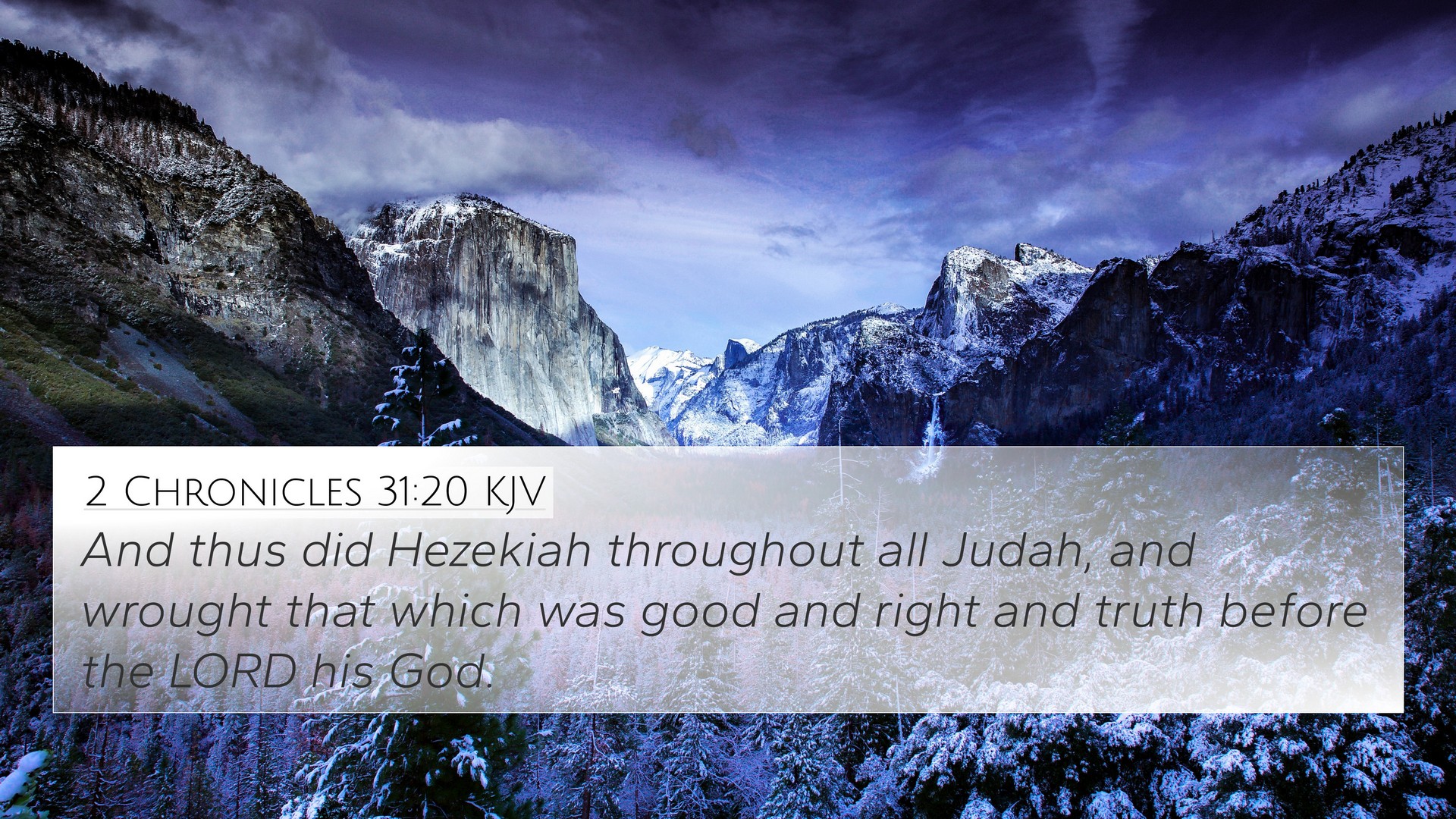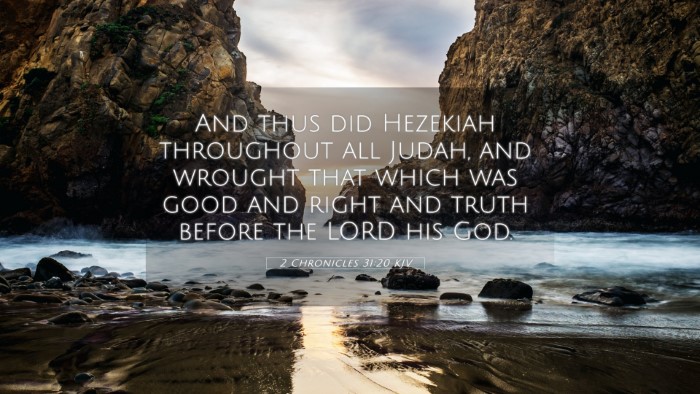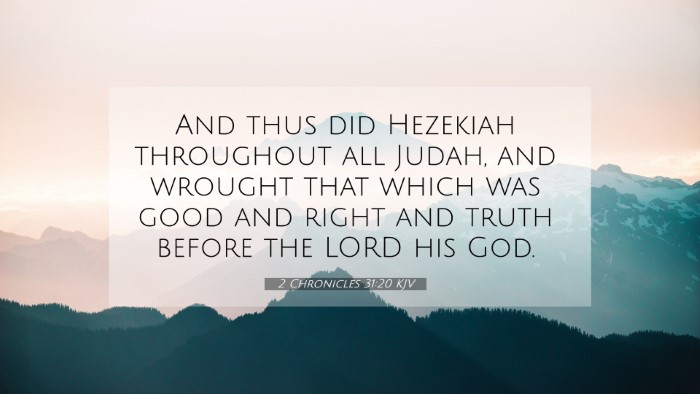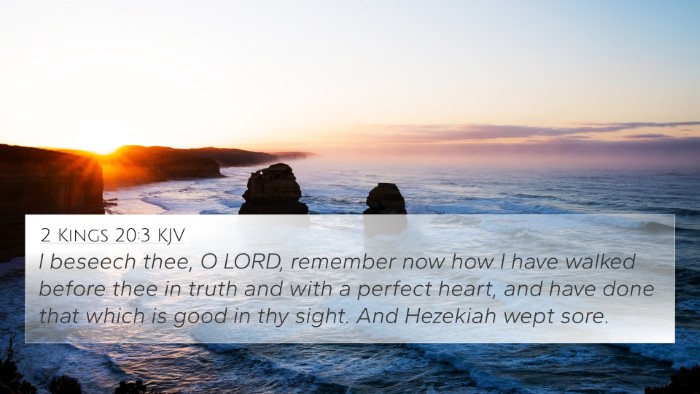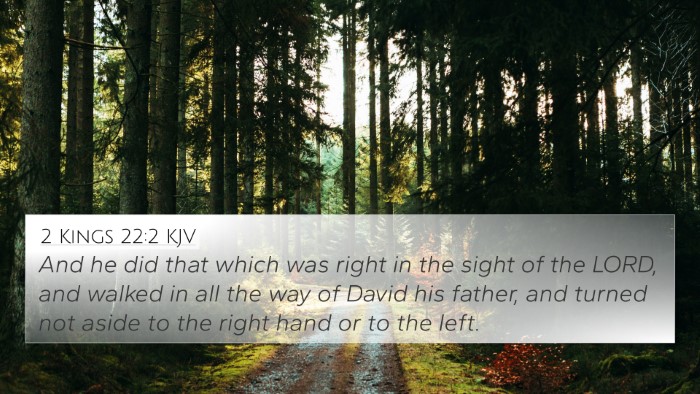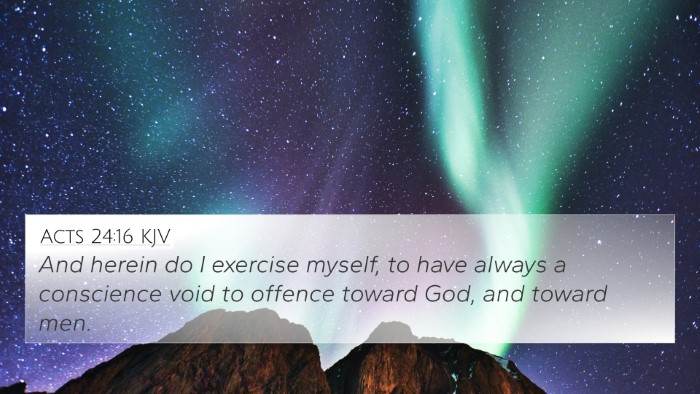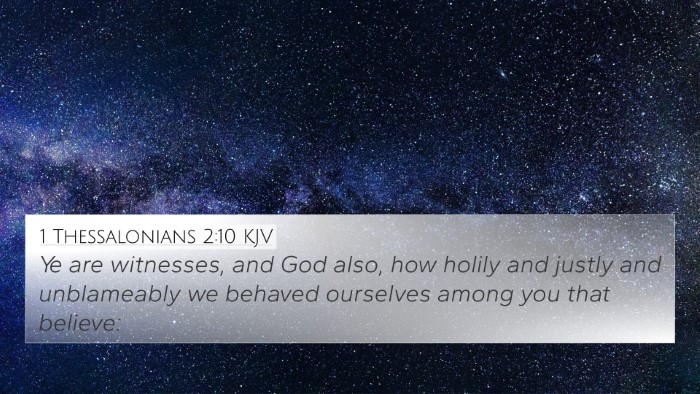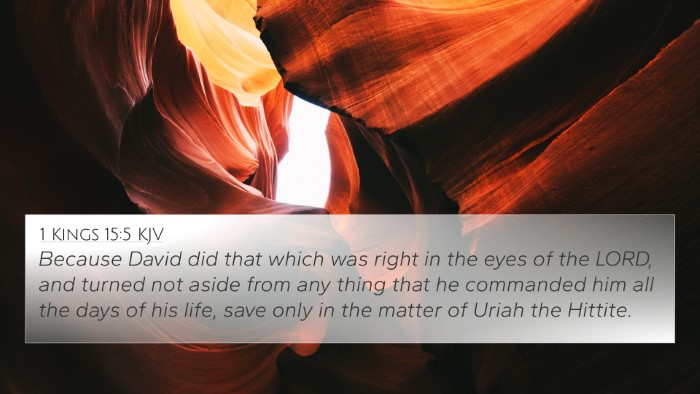Understanding 2 Chronicles 31:20
2 Chronicles 31:20 states:
"And thus did Hezekiah throughout all Judah, and wrought that which was good and right and truth before the Lord his God."
This verse encapsulates a significant period in the reign of King Hezekiah, emphasizing the dedication to righteousness and truth in his leadership.
Summary of the Verse Meaning
This passage is rich in implications for understanding the character and duties of Hezekiah as a king, as well as the spiritual state of Judah. Through the lens of public domain commentaries, we can derive various insights:
- Hezekiah's Righteous Leadership: Commentators like Matthew Henry highlight that Hezekiah's actions were aligned with God's will, showcasing his commitment to doing that which is "good and right". Such leadership serves as an exemplary model for both past and contemporary leaders.
- Commitment to Truth: Albert Barnes notes that the phrase "and wrought that which was good and right and truth" indicates Hezekiah's dedication to honest governance and integrity, essential qualities for effective leadership.
- Spiritual Reforms: Adam Clarke elaborates on the reforms initiated by Hezekiah, aiming to restore pure worship and adherence to the law, which were critical during a time of spiritual decline in Judah.
Thematic Connections
Hezekiah's commitment to righteousness creates important thematic connections across the Bible. The themes of godly leadership, moral integrity, and the necessity of truth can be found in multiple scriptures, illustrating how this narrative in 2 Chronicles resonates throughout the biblical text.
Bible Verse Cross-References
Exploring connections between the verse and other scriptures deepens one's understanding. Here are several cross-references relevant to 2 Chronicles 31:20:
- 1 Kings 15:11: "And Asa did that which was right in the eyes of the Lord, as did David his father." This verse parallels Hezekiah's character as a king who sought the Lord's favor.
- 2 Kings 18:3: "And he did that which was right in the sight of the Lord, according to all that David his father did." This reiteration reinforces Hezekiah's righteous path.
- 2 Chronicles 29:2: "And he did that which was right in the sight of the Lord, according to all that David his father had done." This verse underscores the legacy of righteous leadership in Judah.
- Psalm 106:3: "Blessed are they that keep judgment, and he that doeth righteousness at all times." This Psalm reflects the values Hezekiah upheld.
- Micah 6:8: "He hath shewed thee, O man, what is good; and what doth the Lord require of thee, but to do justly, and to love mercy, and to walk humbly with thy God?" This verse calls for the very qualities exemplified by Hezekiah.
- Isaiah 36:1: The account of spiritual warfare during Hezekiah's reign illustrates the consequence of his righteous stand before God.
- 2 Chronicles 32:7-8: "Be strong and courageous, be not afraid nor dismayed for the king of Assyria." This passage relates to Hezekiah’s faith in God's protection, linked to his righteousness.
Cross-Referencing Bible Study: Tools and Methods
For those interested in deeper study, utilizing tools for cross-referencing can be invaluable:
- Bible Concordance: A comprehensive Bible concordance allows scholars to find terms and their occurrences throughout scriptures, enabling connections between verses.
- Bible Cross-Reference System: Many modern translations include a system of cross-references that guide readers in finding related verses easily.
- Bible Reference Resources: Resources such as commentaries, study Bibles, and online tools promote a comparative Bible verse analysis approach.
- Bible Chain References: This method links verses together, providing an easy way to explore themes and ideas across the scriptures.
Conclusion
In summary, 2 Chronicles 31:20 not only depicts the integrity and faithfulness of King Hezekiah but also draws upon principles that resonate across the entirety of Scripture. Engaging with connections between Bible verses enriches one's understanding of Biblical themes and encourages a deeper study of God’s word.
Further Exploration: Suggested Questions
For personal reflection or study group discussion:
- What similar traits are highlighted in other Biblical leaders?
- How do different scriptures call us to embody righteousness in our daily lives?
- In what ways do the themes of kingship and leadership in the Bible inform our understanding of God's expectations for leaders today?
